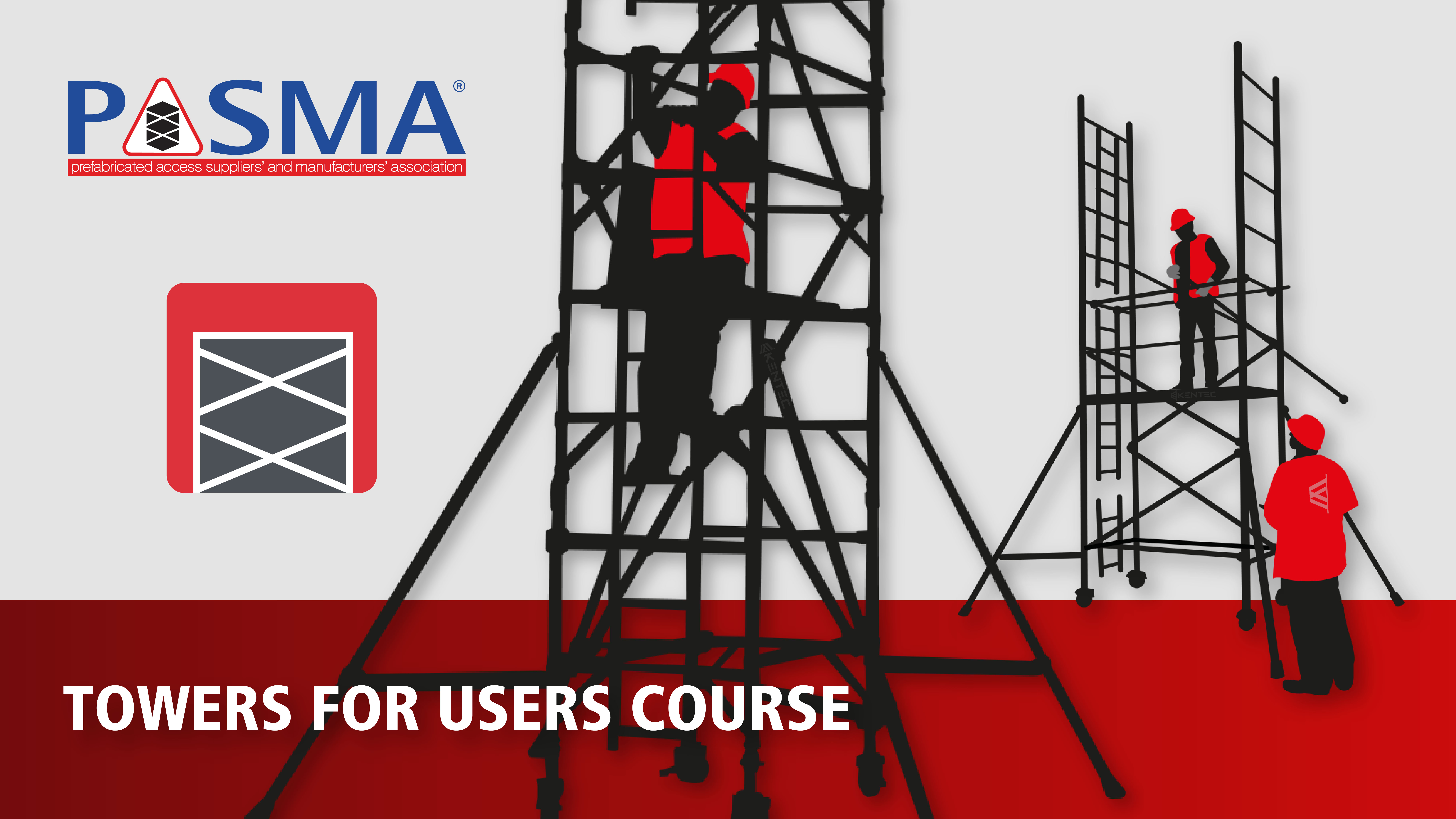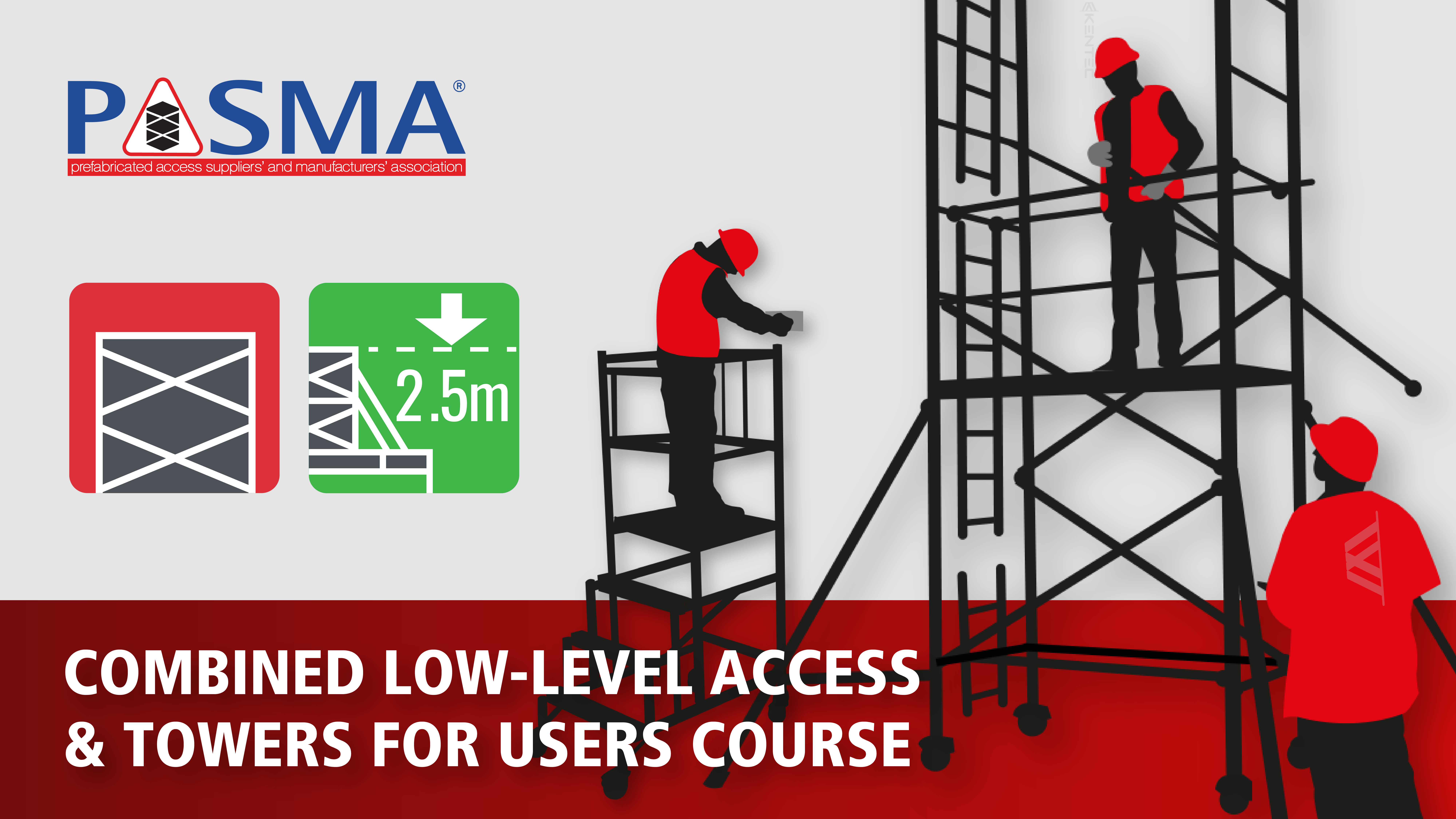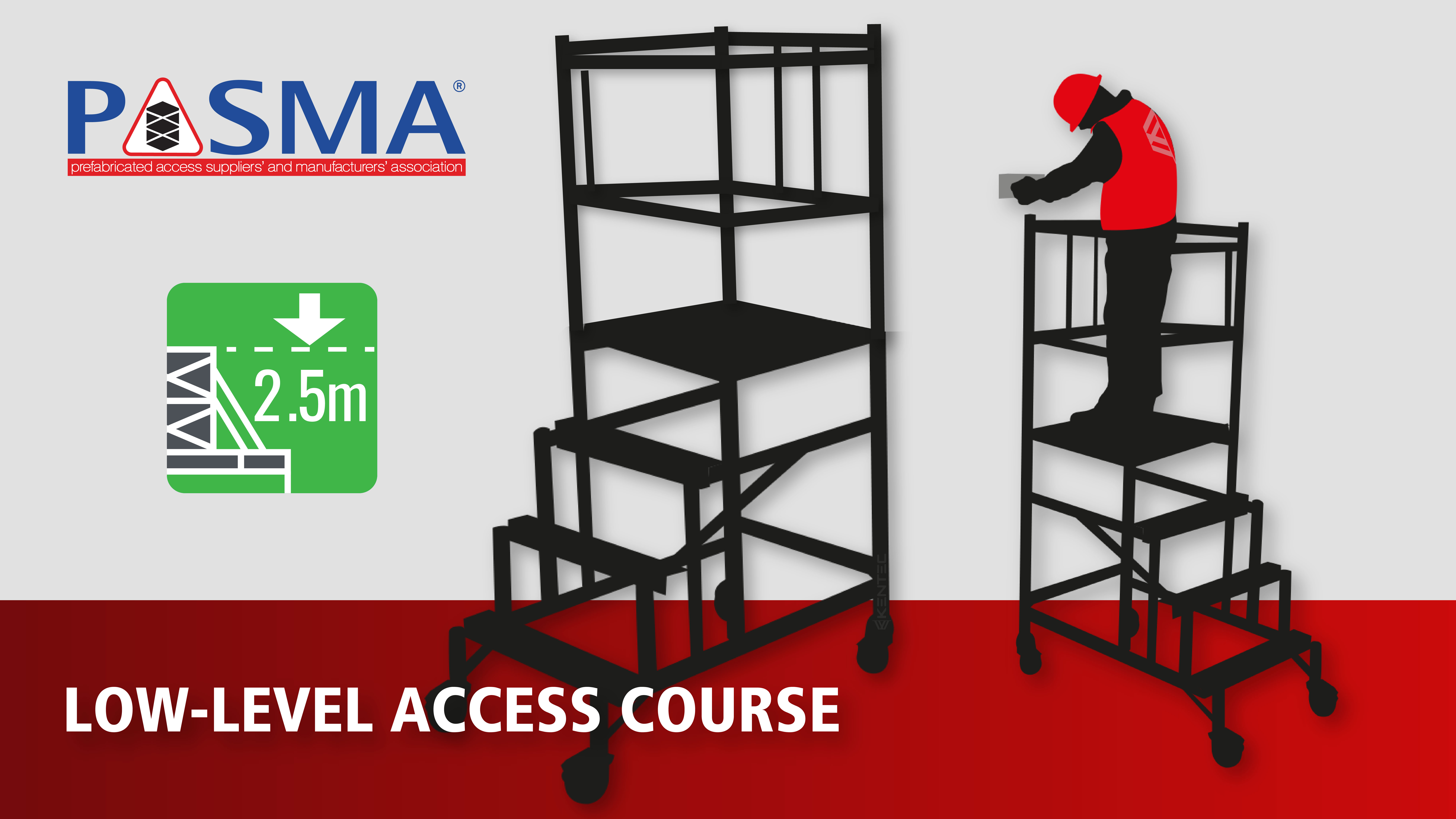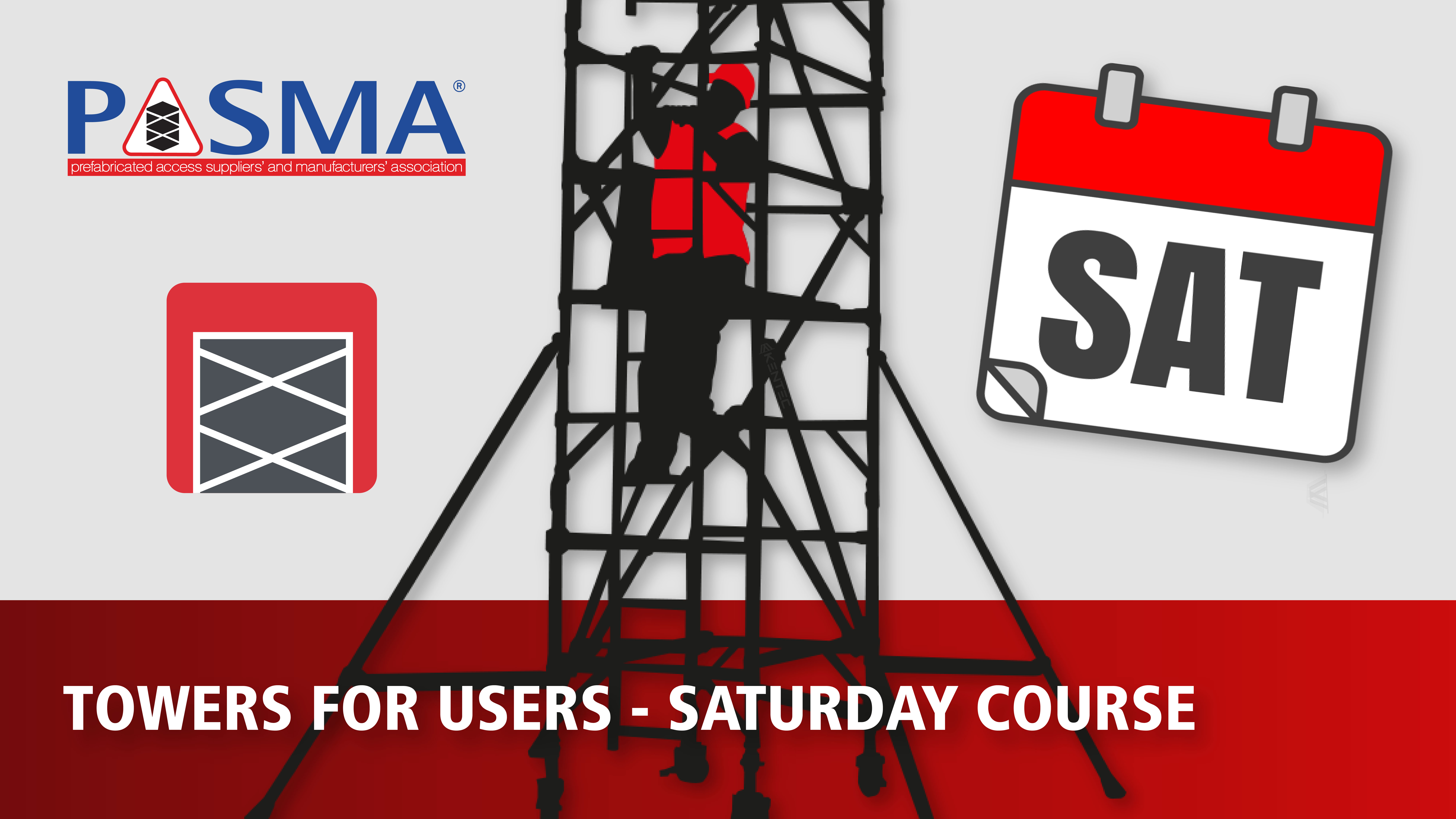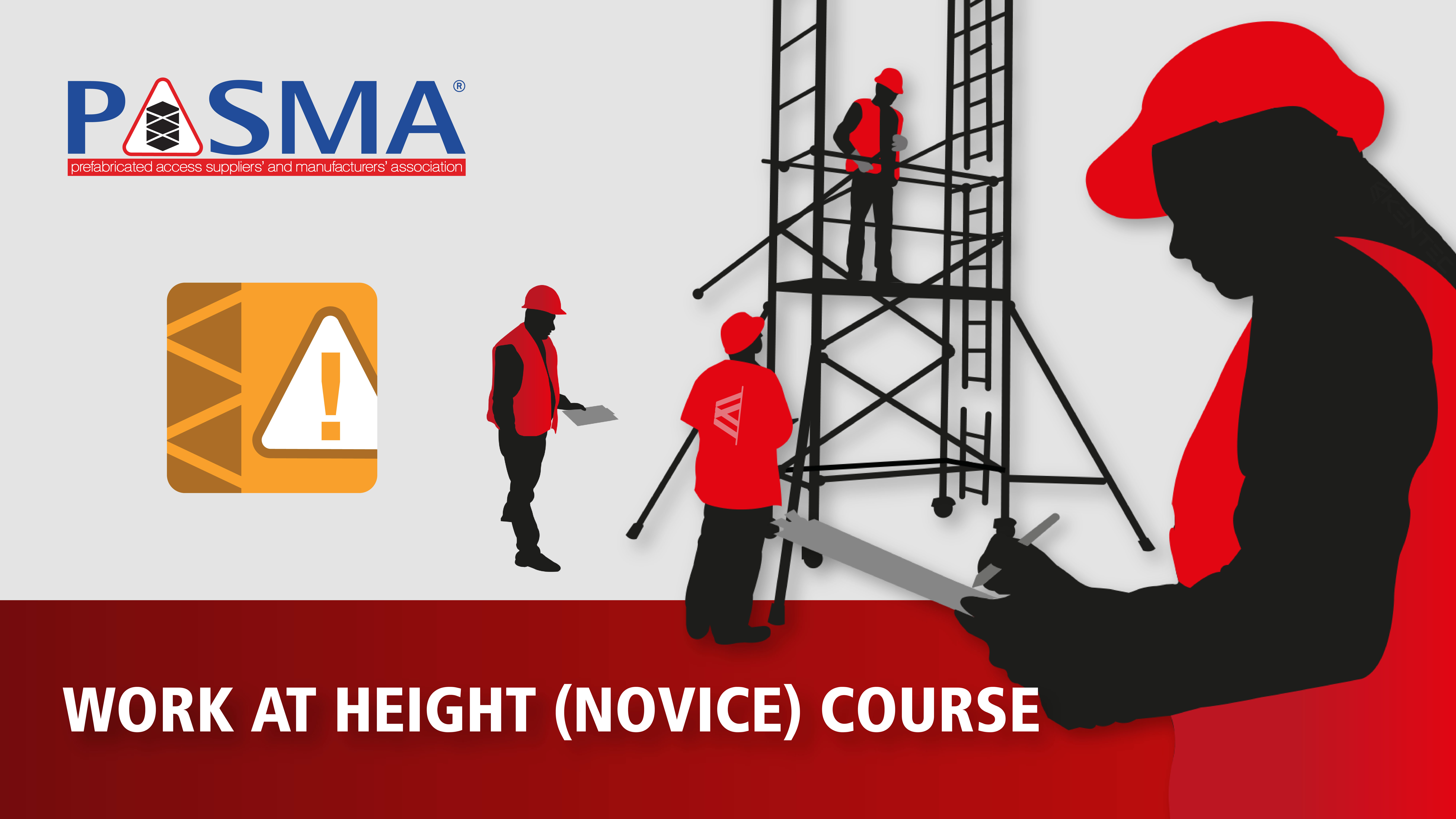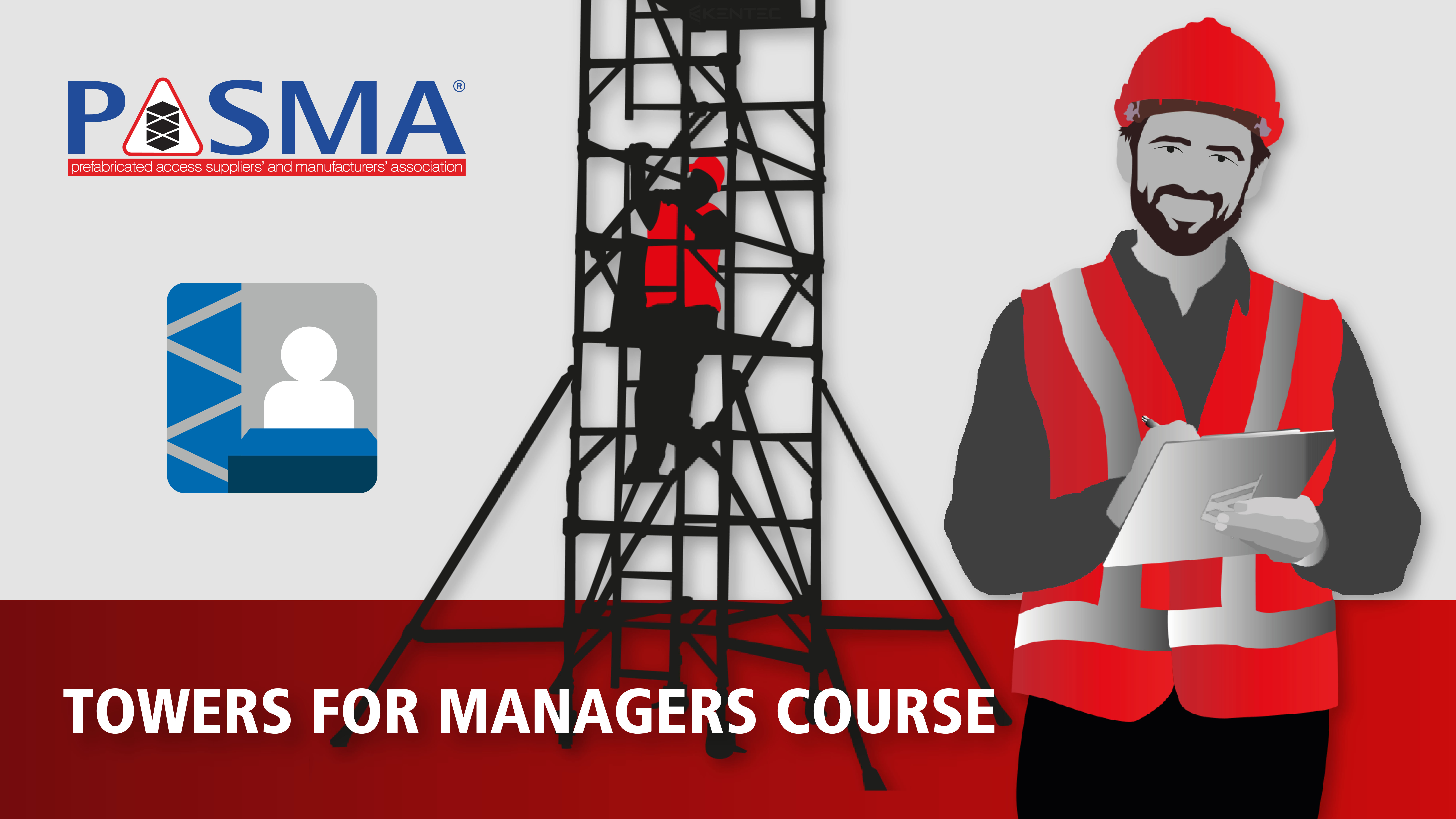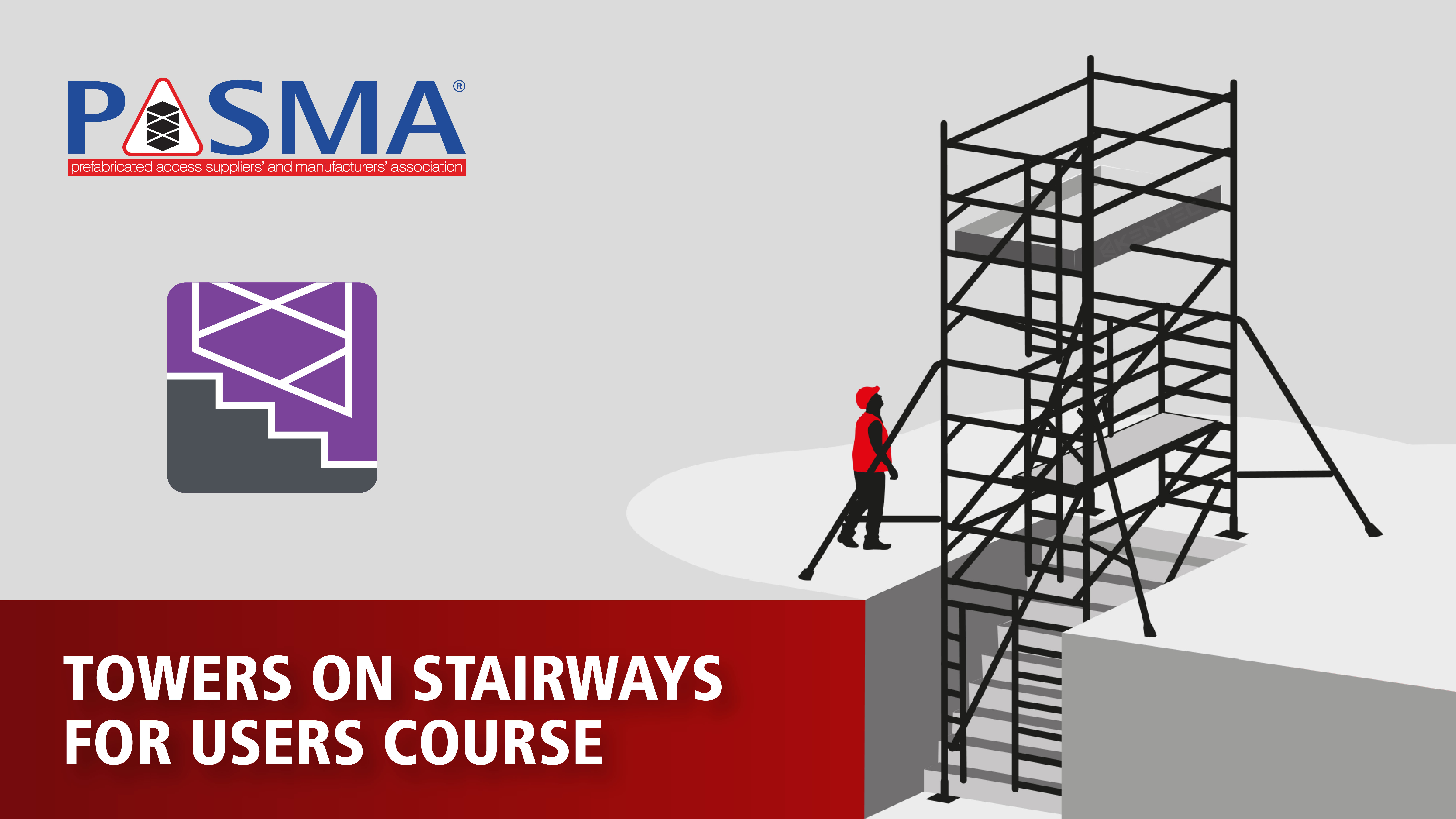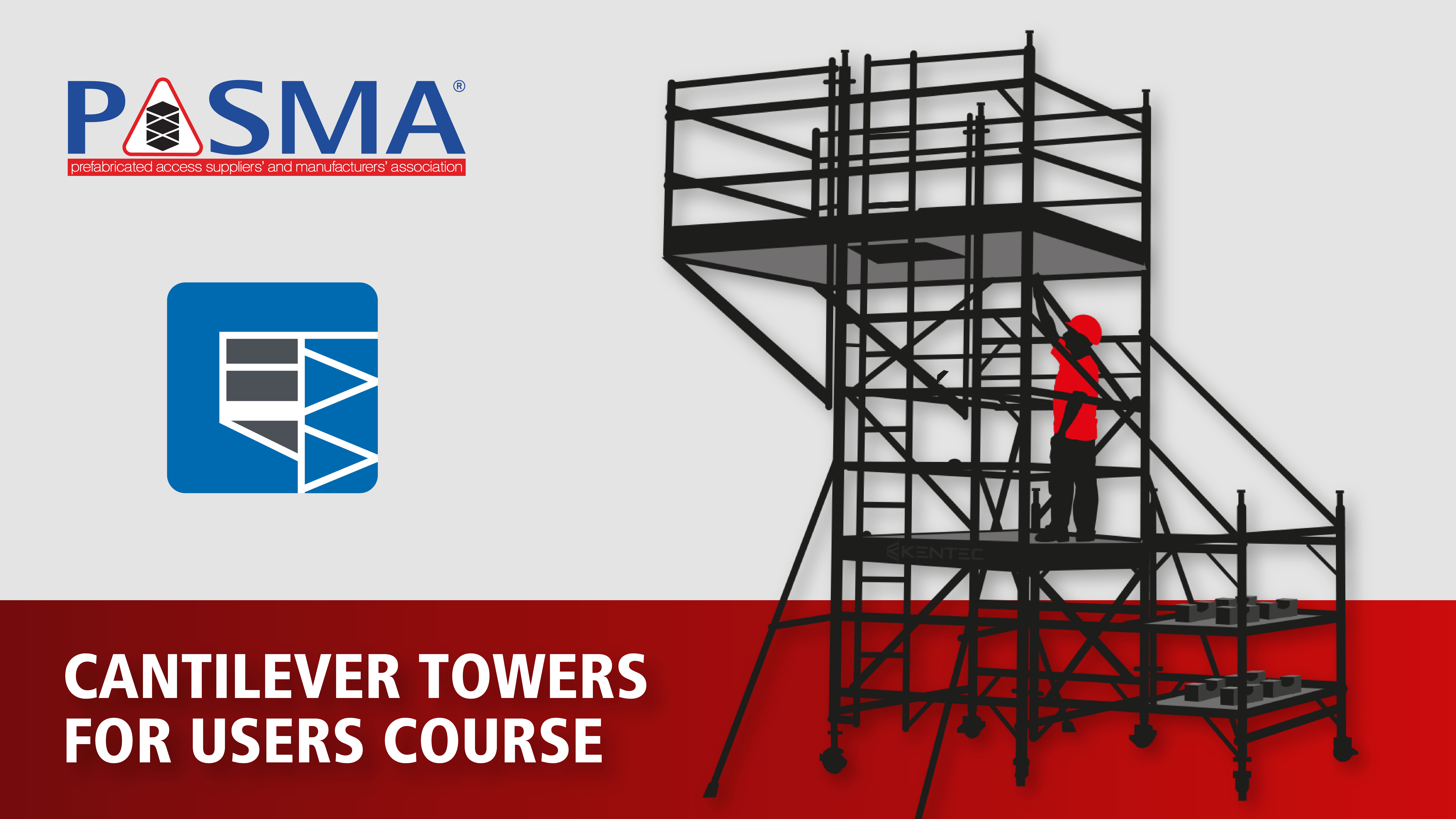Our Safety Harness - Work At Height Rescue Course provides delegates
with the knowledge, confidence and competence to safely perform the remote
rescue and retrieval of a suspended casualty after an arrested fall at height,
using commonly available rescue systems. This course is also IPAF-Approved.
Delegates will also receive hands-on familiarisation
training using both ascent and descent rescue systems, as well as controlled
descent devices, in line with current relevant legislation. This is completed
through a live practical session on our purpose-built indoor scaffolding frame
- simulating a realistic, real-world rescue scenario within a safe and controlled
environment.
This course consists of a training room lecture, presentation,
a multiple-choice assessment paper, practical exercises, and a practical
assessment.
You are required to have a valid and in-date Safety
Harness Essentials Course qualification in order to attend this
course.
The Safety Harness - Work At Height
Rescue Course is ideal for personnel who are or
will be involved in work at height and will be responsible for the rescue and
retrieval of suspended casualties after an arrested fall using safety
harnesses, lanyards and associated Fall Protection Equipment (FPE) in the
workplace.
Delegates
should:
- Have
a good understanding of written & spoken English. If delegates have any
problems with English literacy or language comprehension, they must bring them
to the attention of their employer.
- Be in good health, physically
fit, and comfortable working at height so that they that may take part in the
practical training.
- Hold a valid and in-date Safety
Harness Essentials Course qualification, or another approved safety
harness qualification.
The agenda for the Safety Harness - Work At Height Rescue
Course includes:
- Rescue Provision Requirements
- Suspension Trauma
- Common Solutions for Rescue & Retrieval
- Remote Rescue Systems
- Method Statement Considerations
- Anchorage Assessment
- Hierarchy of Rescue Systems
- Familiarisation & Practical Training with Assent and
Descent Rescue System
- Familiarisation & Practical Training with Controlled
Descent Device Rescue Kit
Successful delegates will receive a Safety
Harness - Work At Height Rescuee-certificate accredited by Kentec
Training and approved by IPAF, valid for a period of 3 years from the course
date.
To
remain certified, you will need to retake the full Safety Harness - Work At
Height Rescue Course once again.
Consider attending our other Safety Harness courses, including:
Our FAQ area is the best place to look to find answer to your questions. Our community and support team
constantly update the questions and answers.
As some of our Safety Harness courses include a practical session involving work at height, you will be required to wear PPE during your training and assessment. This includes safety boots, safety helmet with a chin strap, and high-visibility vest or jacket. Full details of PPE requirements will be outlined in your booking confirmation email and joining instructions.
If needed, PPE and safety harnesses can be purchased from Reception at our Tonbridge and Ashford Training Centres.
You will receive familiarisation & practical training on a Gotcha II assent and descent rescue system, as well as a controlled descent device rescue kit from IKAR GB.
Yes, we can absolutely offer you support. We understand that everyone learns differently, and we’re committed to making our courses accessible to all. Our instructors are experienced in delivering training to individuals with varying levels of reading and writing ability.
We can offer additional verbal guidance, practical demonstrations, and one-to-one support when attending training courses at one of our training centres. If required, we can also arrange for assistance during written assessments, such as a reader.
Please let our support team know in advance if you have any concerns, and we’ll do everything we can to support you in successfully completing your training.
Several of our training courses involve practical elements, which may include working at height, lifting equipment, or operating machinery. You should be in good general health and physically able to take part in these activities safely. If you have any medical conditions, injuries, or concerns that may affect your ability to participate, please let our support team know in advance so we can advise you on course suitability and any reasonable adjustments that may be available.
View All FAQs



